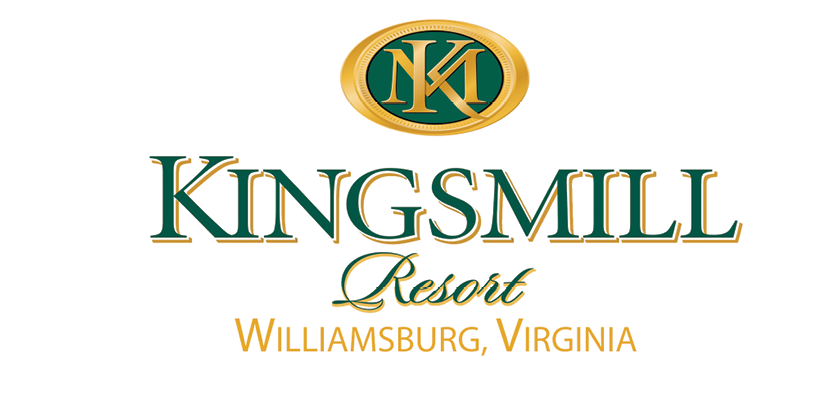Education
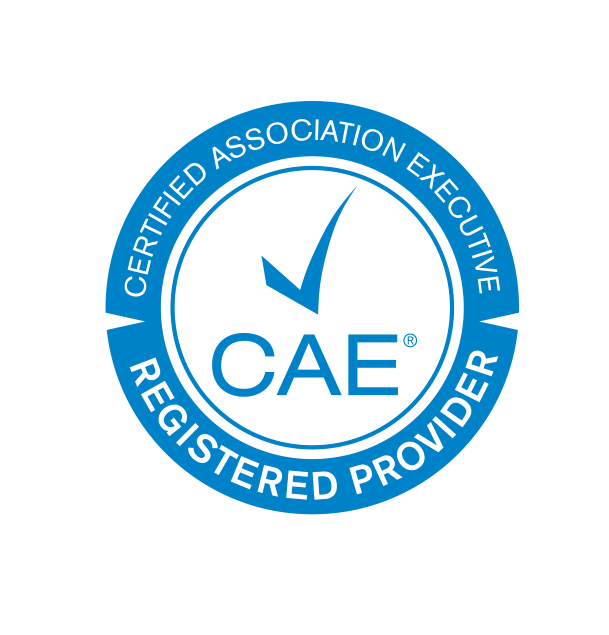 7.5 Hours 7.5 Hours
KEYNOTE & BREAKOUT SESSIONS
Full session descriptions, including key takeaways, are listed on the Official VSAE mobile app, Engagefully by RD Mobile.
Opening Keynote (9:15-10:15 a.m.)
Ignite your Resilience: Building Confidence in Chaotic Times
Anne Bonney, CSP

CAE: 1.00 - Domain 2: Executive Leadership
Resilience is a quality that comes standard in the human package. We are naturally able to bounce back...but that doesn't mean we're able to maintain our morale, self-esteem, and productivity in the process. If we truly want to unleash the power of our resilience, we need confidence, and this fun, interactive, and insightful keynote will help us get there. Speaker, author and change aficionado Anne Bonney will help you build it with fun stories, sticky concepts, and plenty of laughs to help you get through the chaos of the day without wanting to rip your hair out!
Presented courtesy of:
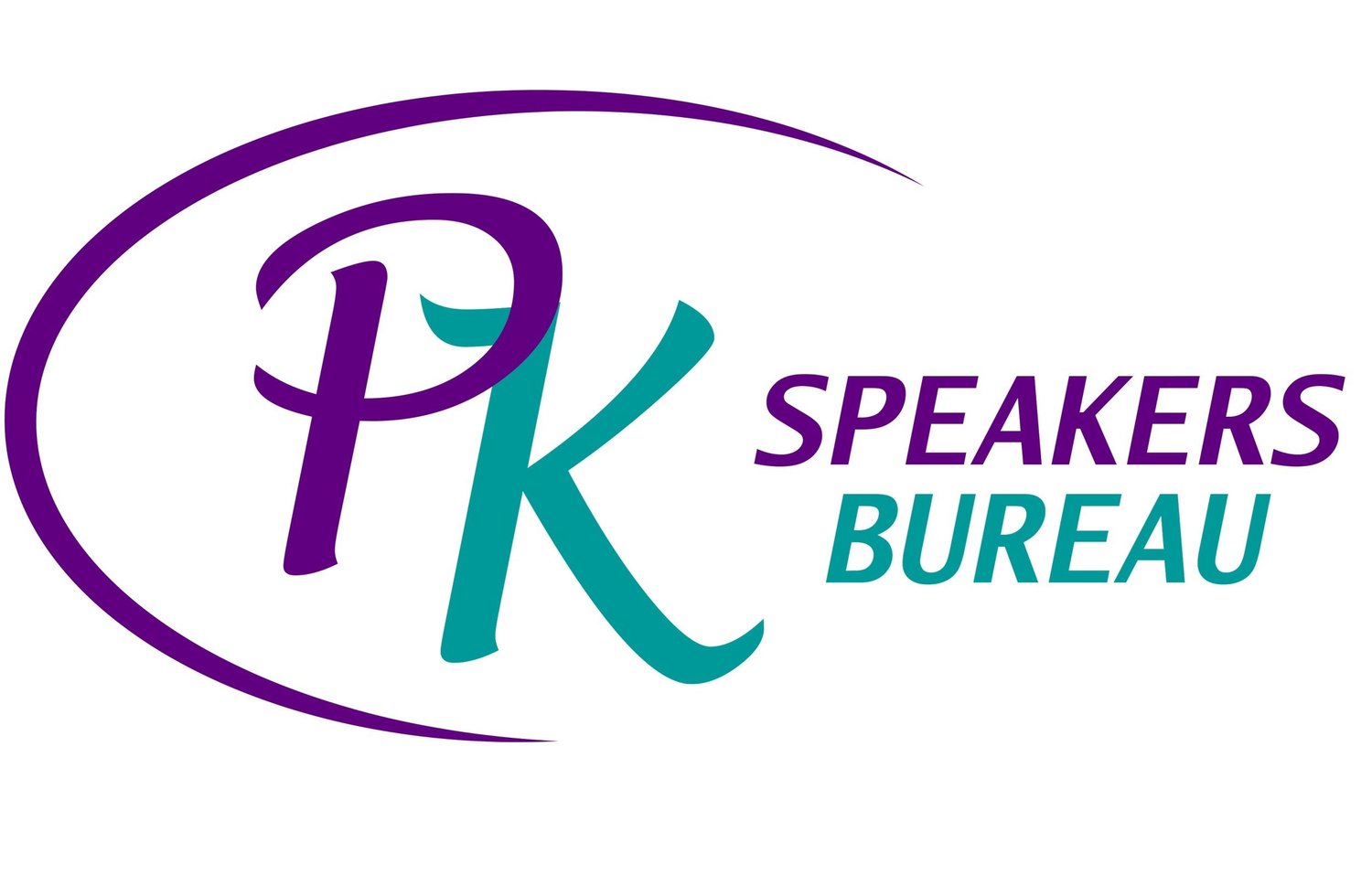
Monday Morning Breakout Sessions (10:30-11:45 a.m.)
Leadership People Want to Follow
Anne Bonney, CSP

CAE: 1.25 - Domain 2: Executive Leadership
You need to be savvy to lead teams in today’s workplace. You’ve got different generations with varying levels of experience, cultural shifts, and expectations on top of never-ending change. Your best bet for success is to be the kind of leader your people WANT to follow. In this engaging (and fun!) interactive breakout, Leadership Authority Anne Bonney will ignite your leadership with skills that will heat up any team’s motivation and performance, giving you results and retention.
How (and Why) to Create a Volunteer Leader Learning Framework
Michelle Runge, CAE
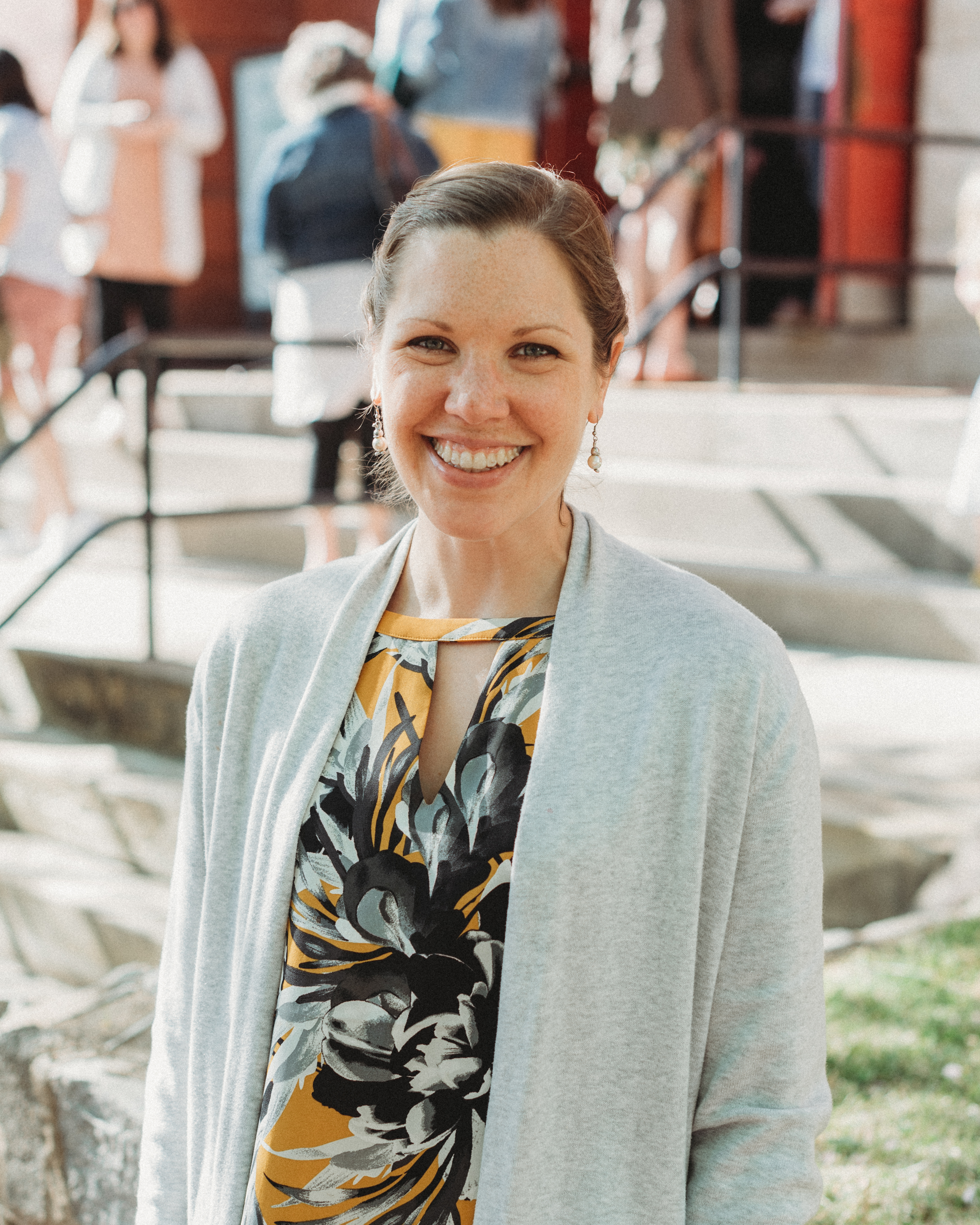
CAE: 1.25; Domain: 6 - Member & Stakeholder Engagement & Management
It's no secret that associations rely on their volunteers to support our missions, and we look to our volunteer leaders to lead the charge. How can association staff better train volunteer leaders and set them up for success? Learn how a volunteer leader learning framework can help streamline your association's orientation and training process, direct volunteer leaders to develop the skills and learning they need in their roles, and encourage them to participate and engage.
Demystifying Decision Makers: Connecting Your Association to the Right Corporate Sponsors
Lori Zoss Kraska, MBA, CFRE
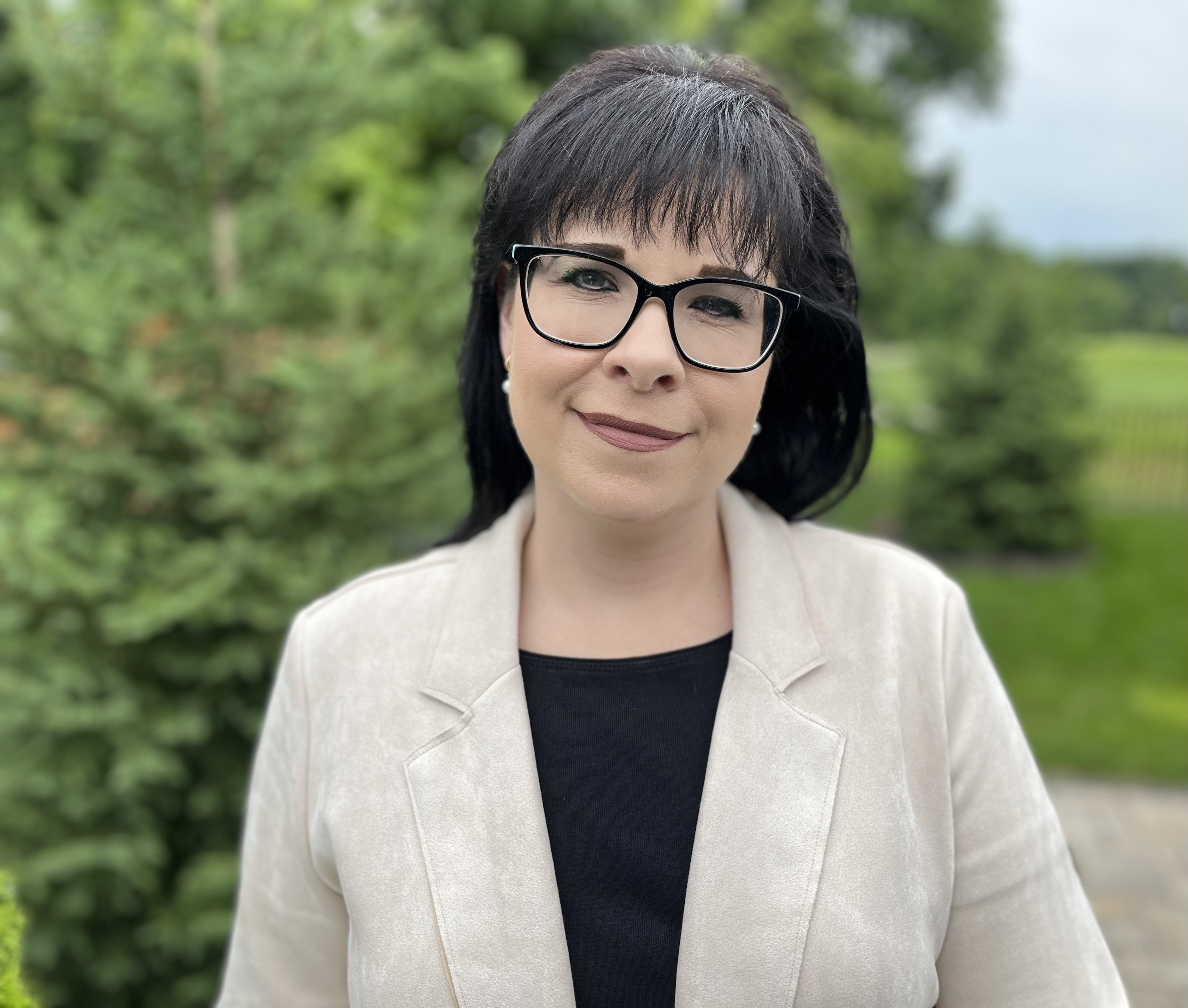
CAE: 1.25; Domain: 5 - Business Development
As associations are looking to corporations for sponsorship opportunities, it’s vital to understand the nuances of working with the various decision-makers available within a corporation who might have an interest in supporting your association. Join corporate sponsorship expert and author Lori Zoss Kraska for this highly engaging workshop as she demystifies who the decision makers are, what each decision maker is looking for from associations, and how best to engage/communicate with each decision-maker type.
Monday Afternoon Breakout Sessions (1:00-2:15 p.m.)
Unlocking Change: Mastering the Art of Strategic Conversations
Stephanie Peters, CAE

CAE: 1.25; Domain: 1 - Governance
In a rapidly evolving landscape, the ability to drive meaningful change through strategic conversations is a paramount skill. Join us in this engaging session, where you will delve into the art of designing and facilitating strategic conversations that propel change and foster consensus. Whether you're leading a team, managing stakeholders, or navigating complex decisions with your board, this session equips you with the essential tools to create impactful dialogues.
Mentorship Redefined: Guiding Leadership Evolution Through a 360° Perspective
Michael Pereira and Celia Zamora, PhD, CAE
CAE: 1.25; Domain: 2 - Executive Leadership
Have you wondered how to cultivate intentional professional relationships across generational lines? While conventional mentoring approaches usually result in one-sided benefits and guidance, 360° mentoring stands out as an inclusive approach that ensures that everyone, irrespective of their rank or tenure, can share and gain valuable insights from each other. This session will explore the model, highlighting its principles and various benefits. Leveraging stories from the real-world experiences of young and seasoned professionals, the session promises not just theoretical knowledge but also actionable strategies.
Choose Your Own Adventure: The Science of Membership Restructuring
Chris Williams, CAE
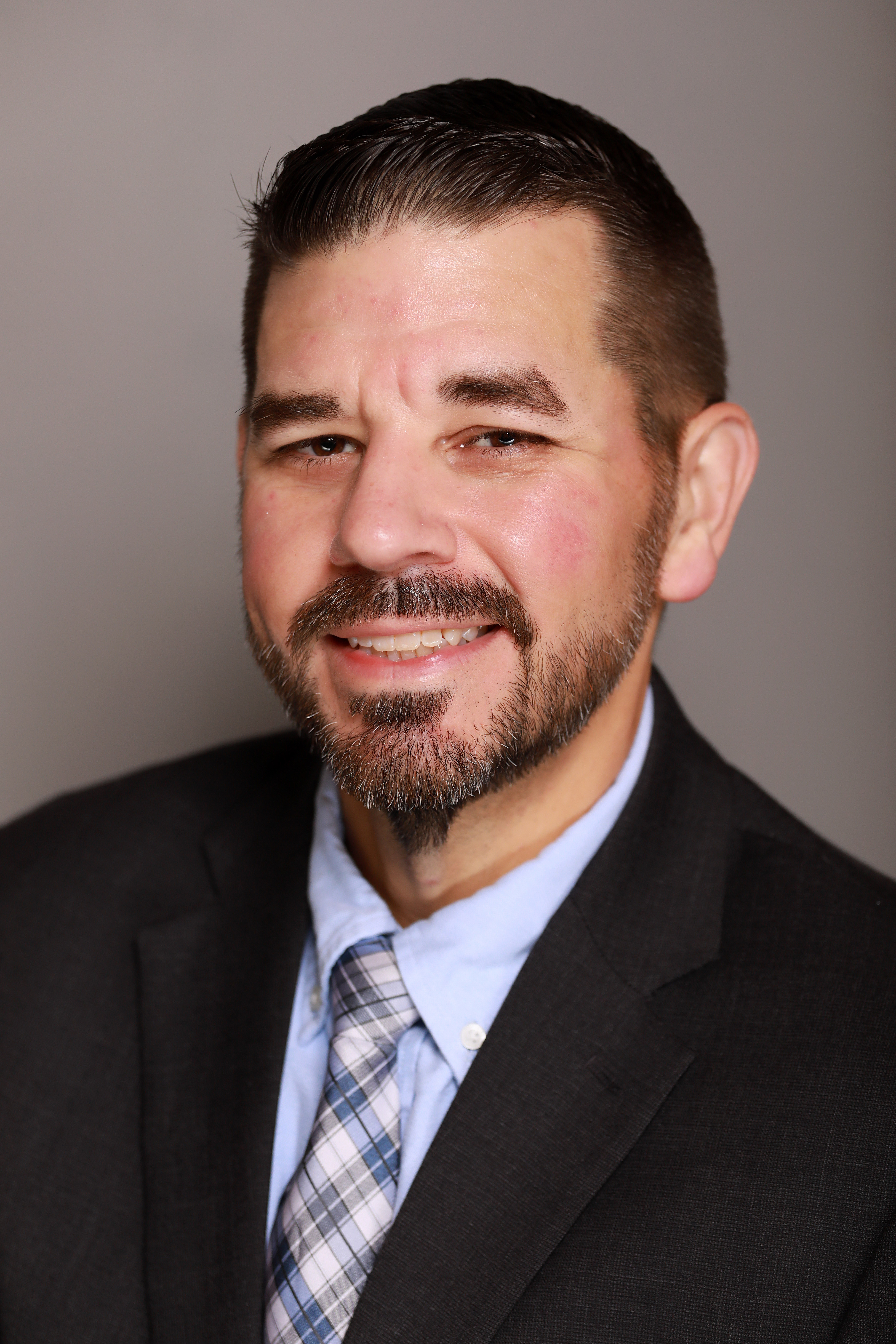
CAE: 1.25; Domain: 6 - Member & Stakeholder Engagement & Management
“Proper preparation is key to effective execution” – it’s an axiom used by countless sports coaches over the years to instill a winning mindset in their players. But what about associations? Specifically, when an association is presented with the challenge of restructuring its membership and dues structure? Join in a “choose your own adventure” session led by you, the attendees, as we embark on the membership restructuring journey. Learn about the three core elements of any restructuring and from each others’ experiences in our journeys and the potential pitfalls that lie around seemingly every corner.
Monday Afternoon Breakout Sessions (2:30-3:30 p.m.)
How to Amplify Inclusive Teaming Throughout Your Association
Kimberley Lewis Parsons

CAE: 1.0; Domain: 2 - Executive Leadership
While there has been an increased push for diversity initiatives in companies, diversity in and of itself is not enough. Because of this natural yearning we all have, a more powerful endgame for organizations is to grow from diversity to inclusion, to maximize the engagement and talent of its people. Given that teams are a cornerstone of driving results within organizations, they can provide fertile ground to be a catalyst for adopting and practicing behaviors that are the antidote to these barriers. This session will help you understand how to can be a change agent to amplify inclusive teaming in your organization.
3 Scoops and a Mission Statement
Pete Zimek, CAE

CAE: 1.0; Domain: 2 - Executive Leadership
From their funky, chunky ice cream flavors to their social impact, the iconic Ben & Jerry’s ice cream brand has reimagined how organizations can make an impact on their communities. Led by Pete Zimek, a former Ben & Jerry’s franchisee turned association professional, this interactive session will help to identify strategies to advance your association’s mission while increasing member value.
Monday Afternoon Shared Interest Group Meetings (3:30-4:30 p.m.)
CAE: 1.0
Shared Interest Groups (SIGs) are a great way to learn from fellow association executives about the issues keeping you up at night. These member-led discussions are organized around areas of interest and offer a forum for you to discuss what matters most to you. Earn 1.00 CAE hour per meeting. Choose from these SIG meetings:
- Association Management Companies
- Associate Members (hoteliers, CVBs, vendors)
- Chief Executive Officers/Executive Directors
- Government Affairs
- Membership, Marketing & Communications
- Meeting Planners
- Senior Staff
Tuesday Morning Closing Keynote (10:30-11:30 a.m.)
Every YES Begins with a KNOW, Intel Secrets to Grow Your Organization
Sam Richter, CSP, CPAE

CAE: 1.00; Domain: 2 - Executive Leadership
Whether it's an existing member or client, new customer, or supplier, people do business with those they like and trust. How strong can your relationships be if you understand others better? What relevant experiences can you share? How much more value could you provide? Leave this session with techniques to: gain insight into the other person's motivations; learn what's going on inside an organization so you can build more internal relationships (in case your core contact leaves) and use information to differentiate yourself from others, tailor offerings, and provide customized value in your communications and solutions.
Presented courtesy of:

Tuesday Morning General Session (9:15-10:15 a.m.)
Unlocking Your Future: Boosting Associations with Generative AI
Sam Richter, CSP, CPAE

CAE: 1.00; Domain: 4 - Operations
Discover the potential of Generative AI to revolutionize your association, communications, and career. In his dynamic presentation, you'll learn the basics of Generative AI in a jargon-free manner, uncover how embracing these technologies can give your association a competitive edge, delve into the real-time ethical considerations surrounding AI, and understand the role associations can play in shaping industry guidelines in this ever-evolving AI landscape. Attendees will receive exclusive access to Sam's cutting-edge AI resources. Whether you're an AI expert or a tech novice, this engaging, humorous, and jaw-dropping session promises to leave you energized about your AI-powered future.
Presented courtesy of:

[Return to main page]
|
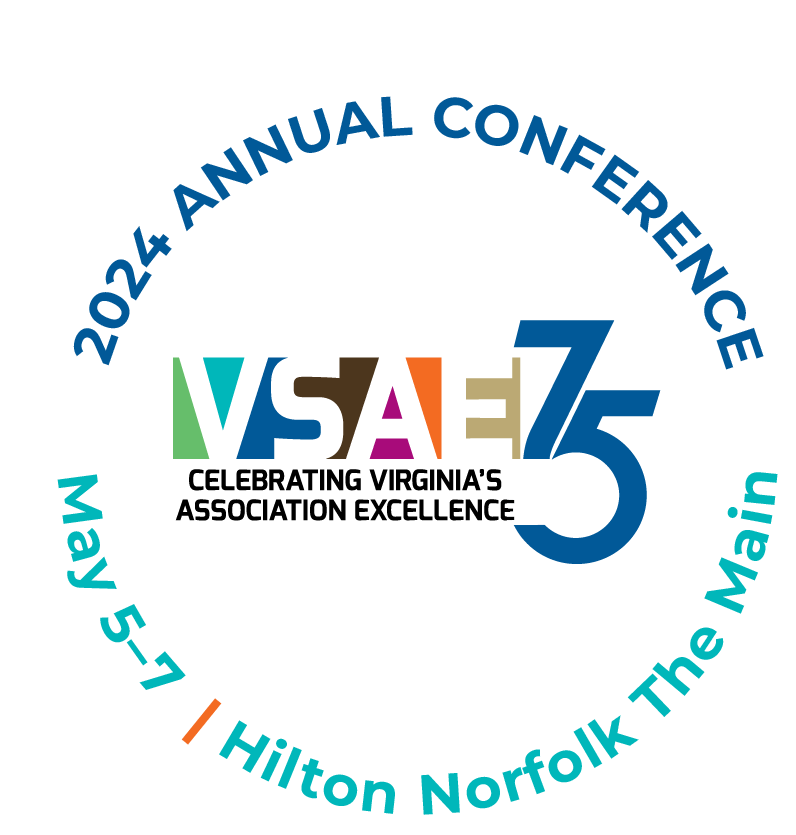


 7.5 Hours
7.5 Hours






